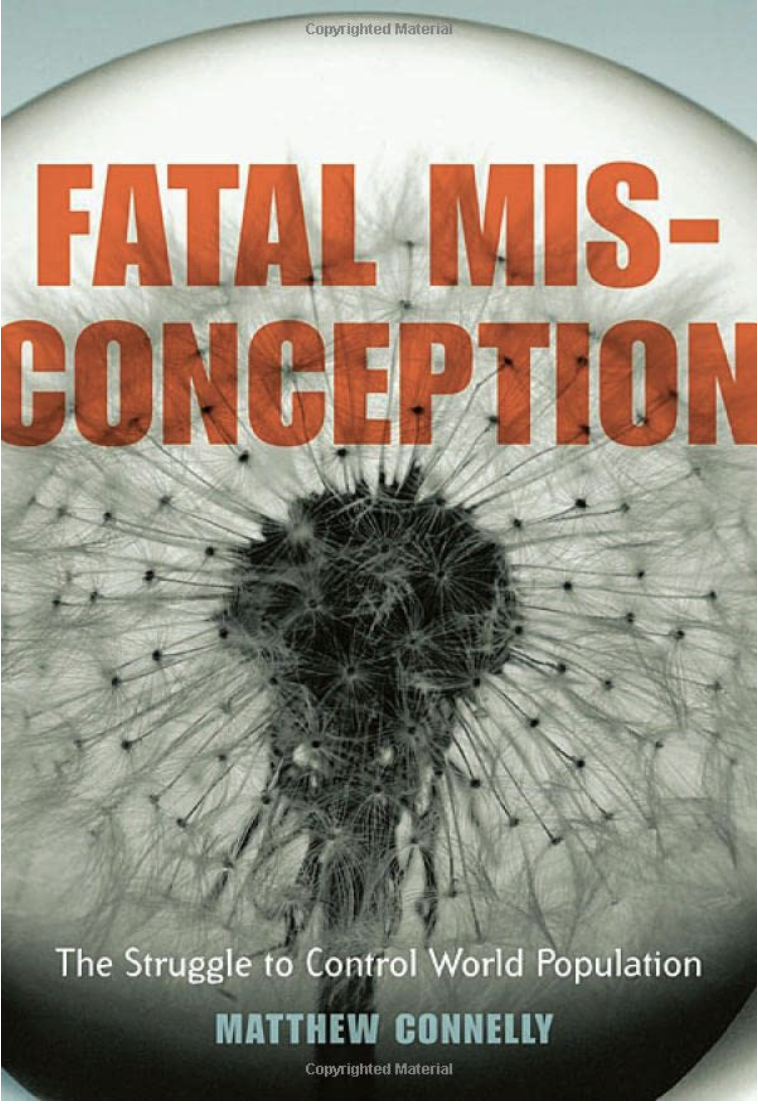Matthew Connelly
Biography
Matthew Connelly is a professor of international and global history at Columbia University.
Professor Connelly has been co-director of Columbia University’s Institute for Social and Economic Research and Policy since 2016.
He is also the principal investigator of History Lab, a project that uses data science to analyze state secrecy, with a focus on intelligence, surveillance, and weapons of mass destruction.
From 2009-2013, Professor Connelly directed the Hertog Global Strategy Initiative, a research program on the history and future of planetary threats, including nuclear war, pandemics, and climate change.
His publications include A Diplomatic Revolution: Algeria's Fight for Independence and the Origins of the Post-Cold War Era, which won five prizes, Fatal Misconception: The Struggle to Control World Population, an Economist and Financial Times book of the year, and The Declassification Engine: What History Reveals about America’s Top Secrets, which was published in February by Random House.
In addition to Columbia University, Professor Connelly has been a professor at the University of Michigan and the London School of Economics (LSE), and has also held visiting positions at the University of Oslo, the University of Sydney, the Institut d’Etudes Politiques de Paris, and the Fundação Getulio Vargas in Rio de Janeiro.
Professor Connelly has written research articles in Nature-Human Behaviour, the Annals of Applied Statistics, Comparative Studies in Society and History, The International Journal of Middle East Studies, The American Historical Review, The Review française d'histoire d'Outre-mer, the Journal of Global History, and Past & Present.
His courses include “The History of the End of the World,” and “The Future as History.”
Education
Ph.D. History, Yale University
B.A. History, Columbia University
Institutions
Columbia University
University of Michigan
London School of Economics
“A brilliant, deeply unsettling look at the history and inner workings of ‘the dark state'.... At a time when federal agencies are increasingly classifying or destroying documents with historical significance, this book could not be more important.” —Eric Schlosser, New York Times best-selling author of Command and Control
“In The Declassification Engine, Matthew Connelly provides an incisive, unexpected account of the history and practice of official secrecy, offering a glimpse into a world that truly exists in the shadows. By showing the corrosive effects of state secrecy, he successfully makes the case for a different attitude to public information.” —Anne Applebaum, New York Times best-selling author of Twilight of Democracy
Shortlisted for the Cundhill History Prize
“Mr. Connelly's story is a global one, partly because so many of the groups seeking to influence the reproduction of others were transnational, but also because often it was those in one country who wished those in another to have fewer children...Mr. Connelly's most devastating critique of population control is not that it destroyed lives, or was based on imperialist or eugenic ideas, but that it did not work.” — The Economist
“Passionate and troubling...Connelly tells the story of the 20th-century international movement to control population, which he sees as an oppressive movement that failed to deliver the promised economic and environmental results...Ambitious, exhaustively researched and clearly written, this is a highly important book.” — Publishers Weekly
“In concentrating on the international dimension, Connelly weaves into his story the changing roles of the United States, Gamal Abdel Nasser's Egypt, Morocco, and Tunisia; the ebb and flow of FLN relations with the soviet bloc; and much more.” —Foreign Affairs
“Connelly's book is not a comprehensive history of the Algerian war, but a meticulous reconstruction of the global environment in which it occurred. By recasting the Algerian revolution as a contest between competeing 'transnational systems' he has shined a welcome new light on a struggle that has long been treated, for practical purposes, as an episode in the history of Fance and its empire, without suficient reference to the rest of the world, whose interests were most decidedly in play.” — Strategic Insights
“This extensively researched study will provide extremely valuable information to scholars of decolonization, and represents a major contribution to the history of what one of the belligerent parties, France, only officially recognized as a war in October 1999.” — Journal of Military History



